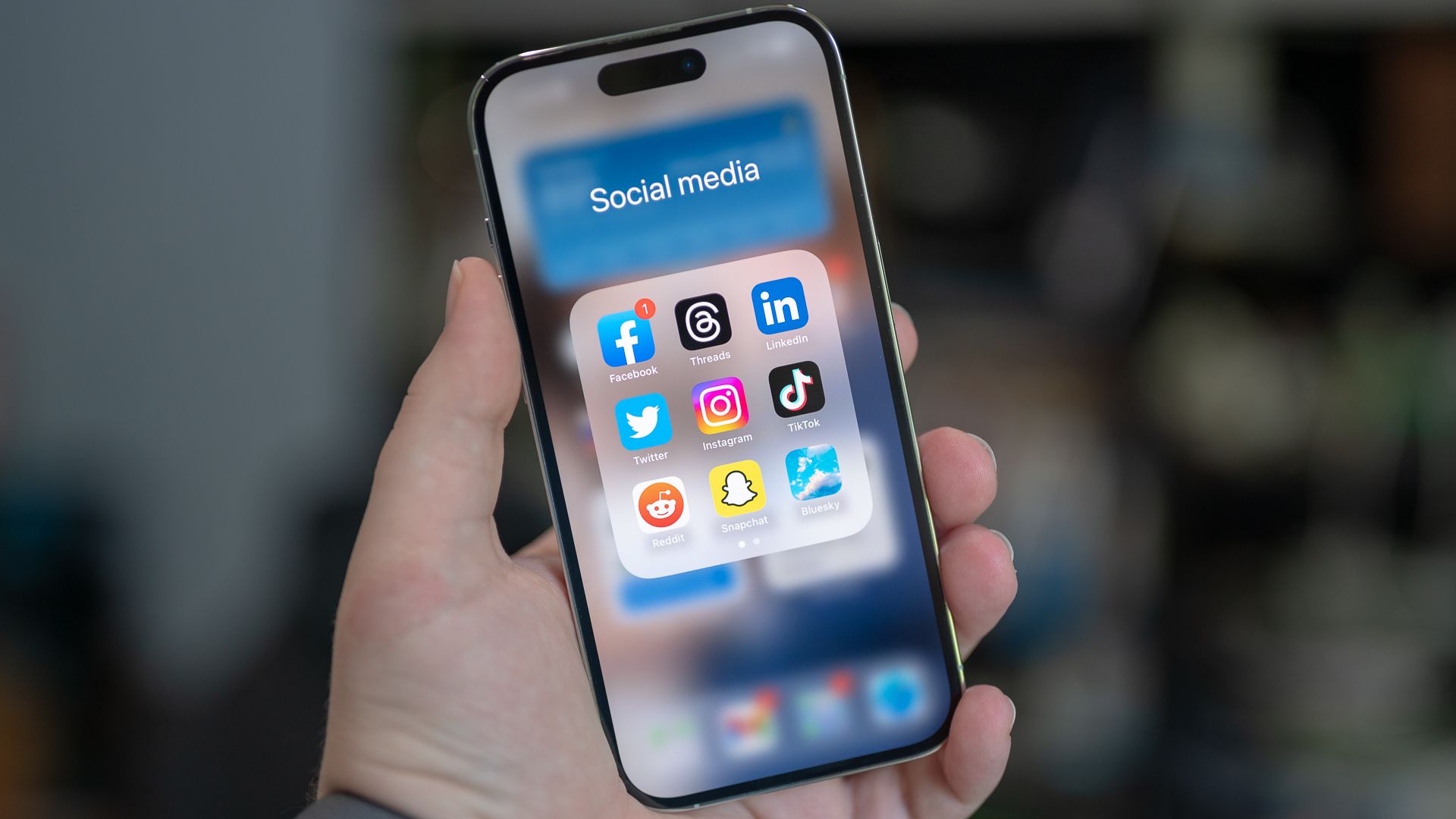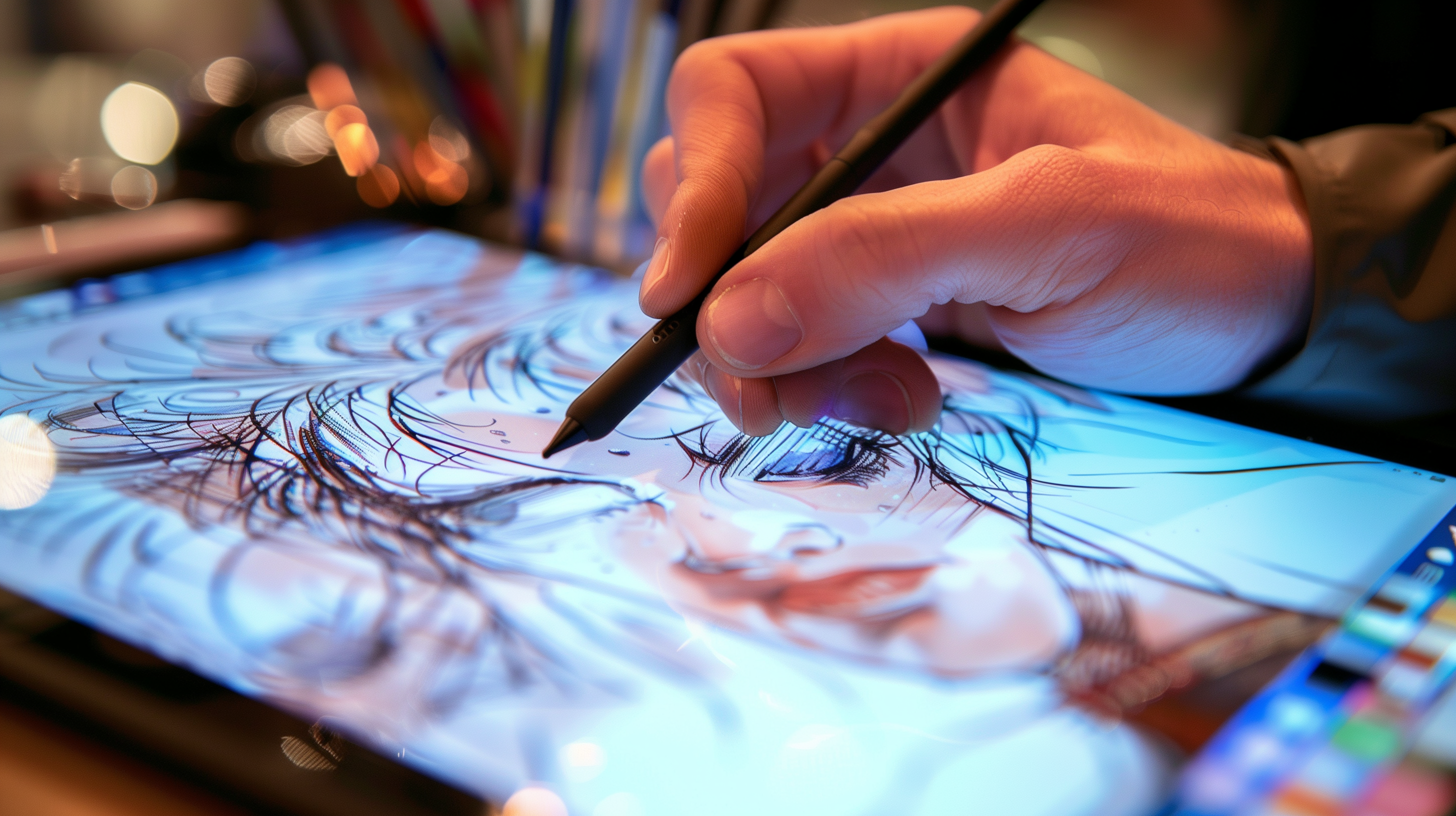As digital natives, Gen Z has grown up with the Internet and social media. Yet, a recent study shows that many Gen Z people aren’t happy with social media, and many think it should not have been invented.
Ah, Gen Z and social media—like peanut butter and jelly, except sometimes the jelly leaks all over your hands. While some, like The Harris Poll, claim that nearly half of Gen Z spends 2–4 hours scrolling daily, others, like Talker Research, insist it’s more like seven hours on average—and for the truly dedicated, up to a jaw-dropping 15 hours.
But here’s the interesting part: most Gen Zers aren’t exactly thrilled with their endless scrolls. A whopping 83% have tried to cut back, ditching notifications or even yeeting their accounts entirely. As someone who’s more into old-school forums (remember those?), I get it. Social media can boost your self-esteem one moment and make you question humanity the next. Throw in concerns about apps potentially spying on you, and it’s no surprise this generation has trust issues with their favorite platforms.
Platforms Play a Big Part
For Gen Z, social media platforms each serve a distinct purpose. Facebook, long associated with older generations, has seen Gen Z largely steering clear. In contrast, YouTube leads as their platform of choice, with Instagram and TikTok close behind, catering to different aspects of their digital lives.
Yet, the relationship with social media is far from rosy. The Harris Poll revealed that 40% of Gen Z respondents believe they’d be happier if social media didn’t exist, with 11% strongly agreeing. Platforms like Twitter were singled out, with half of respondents suggesting it’s the app the world could do without. The concerns largely stem from social media’s impact on interpersonal interactions and the harmful comparisons it fosters among their peers.
Rather than abandoning technology entirely, Gen Z leans toward reform. Many support the idea of “child-safe” accounts for users under 18, though opinions are divided on barring those younger than 16. Meanwhile, smartphones—often preloaded with social media apps—are viewed less critically. Instead, the onus is placed on parents to manage their children’s access, reflecting a growing awareness of the need for balance in an always-online world.
Personal Gain; Public Strain
Gen Z knows social media is a double-edged sword, but they’re wielding it anyway. On the bright side, platforms like Instagram and TikTok serve as virtual stages where users can show off everything from dance routines to meme-making mastery. With newcomers like Threads and BlueSky entering the scene, Gen Z has even more digital hangouts for self-expression. Whether building niche communities or launching personal brands, this generation has turned these apps into their personal playgrounds.
But then there’s the flip side. These platforms can also act like giant funhouse mirrors, distorting reality with unrealistic beauty standards and nonstop misinformation. A 2022 Pew Research study found that over half of teens admit they’d struggle to give up social media, even while eye-rolling at its downsides.
Heavy social media scrolling isn’t doing anyone’s brain any favors. According to the McKinsey Health Institute, Gen Z users report higher rates of poor mental health than older generations, thanks in part to those endless scroll sessions. But here’s the kicker—they’re also the first to say social media is indispensable. Whether sliding into DMs to network for jobs or just sharing dog memes, they know they can’t fully quit. It’s like the digital equivalent of a love-hate relationship: complicated, messy, and utterly inescapable.
Making the Digital Space Their Own
Gen Z’s relationship with social media is evolving. Sure, these platforms offer a space to flex creativity, connect with like-minded individuals, and even launch personal brands. But as the digital natives navigate this landscape, they’re reshaping the way social media works for them. It’s no longer just about scrolling through endless feeds—it’s about purpose and authenticity.
For instance, Gen Z is using platforms to prioritize personal well-being. TikTok is no longer just a place for viral dances; it’s also a hub for mental health discussions, body positivity movements, and sustainability. Instagram’s focus has shifted as well. What was once a place for meticulously curated images has evolved into a platform for creators seeking genuine engagement.
But here’s where the paradox deepens: despite all the positives, Gen Z remains wary. They’re not naïve to the drawbacks. The Harris Poll study shows that they’re well aware of how these things affect their mental health and how they can deal with those drawbacks. They’re fighting back against the negativity a little bit at a time.
This digital push-pull isn’t just about staying connected—it’s about control. Gen Z is taking charge by opting for platforms with more user-friendly algorithms or tweaking privacy settings to limit exposure. More importantly, they’re reclaiming their digital space by curating what they see, muting the noise, and engaging with content that aligns with their values. It’s a bold statement: they want social media to work for them, not the other way around.
So, while Gen Z is far from abandoning social media, they are actively rewriting the rules. They’re building a digital world where authenticity, creativity, and mental health take priority over algorithmic pressure. As they continue to demand more from these platforms, we might just see a new wave of social media, one that’s far more mindful and reflective of its users’ needs.
The most concise answer is no. Gen Z isn’t happy with all the aspects of social media, but they’re doing the best they can with what they have. However, their changing approach to social media interaction has already driven innovation in the space. They are changing how social media companies design and market their products.
Many of us think that Gen Z and social media go together like puzzle pieces, but this study shows us those misconceptions about what they are. It also shows us that Gen Z is a lot smarter about their social media use than many of us even dream. This love-hate relationship is likely to continue, but we don’t have to worry about their being consumed by the machine.





